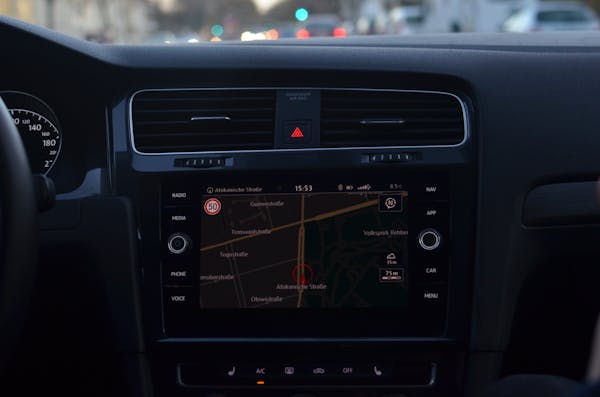Back in the day, even the simplest and most basic mandatory safety precautions for both drivers and passengers on Britain’s roads did not exist.
These days, there is not only a legal requirement for a variety of safety precautions, such as seatbelts and headlights, but also a moral requirement to keep yourself and other road-users safe.
Here is a concise guide to safety on the road for nighttime drivers.
Never Drink Alcohol Before a Trip
Even though, in the United Kingdom at least, the drink-driving limit is so low that even one glass of gin and tonic could potentially send you over the edge, a shocking number of people still choose to drink alcohol and then drive home.
Not only can this lead to the confiscation of your licence and a hefty fine, much more seriously you could also cause a road traffic accident, cause permanent damage to yourself, and even cause fatalities to a number of drivers on the road.
When driving at night, not only should you not touch a drop of alcohol, but you must also make sure you are alert and full of energy, as nighttime driving requires even more driving than in the day.
Ensure Your Lights Are Clean and Working
You will have probably seen (more than once) a driver on the road at night who appears in your rearview mirror as a motorcycle, due to the fact that only one of their headlights are working.
Responsibly sourcing car LED lights for the exterior of an emergency vehicle, on the other hand, is an excellent example of high visibility at night and although nobody would suggest you affix a flashing blue light to your car, there is a wide range of additional exterior lighting options.
At the very least, make sure that you regularly clean your headlights and what is more, that when a bulb does break, you take it to the garage and replace it at your earliest possible convenience.
Keep an Emergency Kit in the Trunk
Hopefully, you already know that checking your oil levels, making sure there is sufficient water in the system, and that you have adequate amounts of screen wash is part of the preparation for any journey, but when driving long distances at night, this is not enough.
Additionally, you need to make sure your mobile phone is fully charged, that you have a high-visibility vest in the boot of the car, and that you also have a thick coat and blankets, and that your spare tire is fully functional and ready to use.
Stay Alert!
Driving at night often means that the roads tend to be less busy and on smaller country roads, you could well be the only car for miles. Although this can feel as if you are safer, it often wrongly encourages drivers to speed: this is a mistake. Finally, you should also remember that not only do roads look entirely different at night compared to during the day, but that nocturnal animals are also prevalent on smaller roads, as well as a range of other unexpected hazards.
